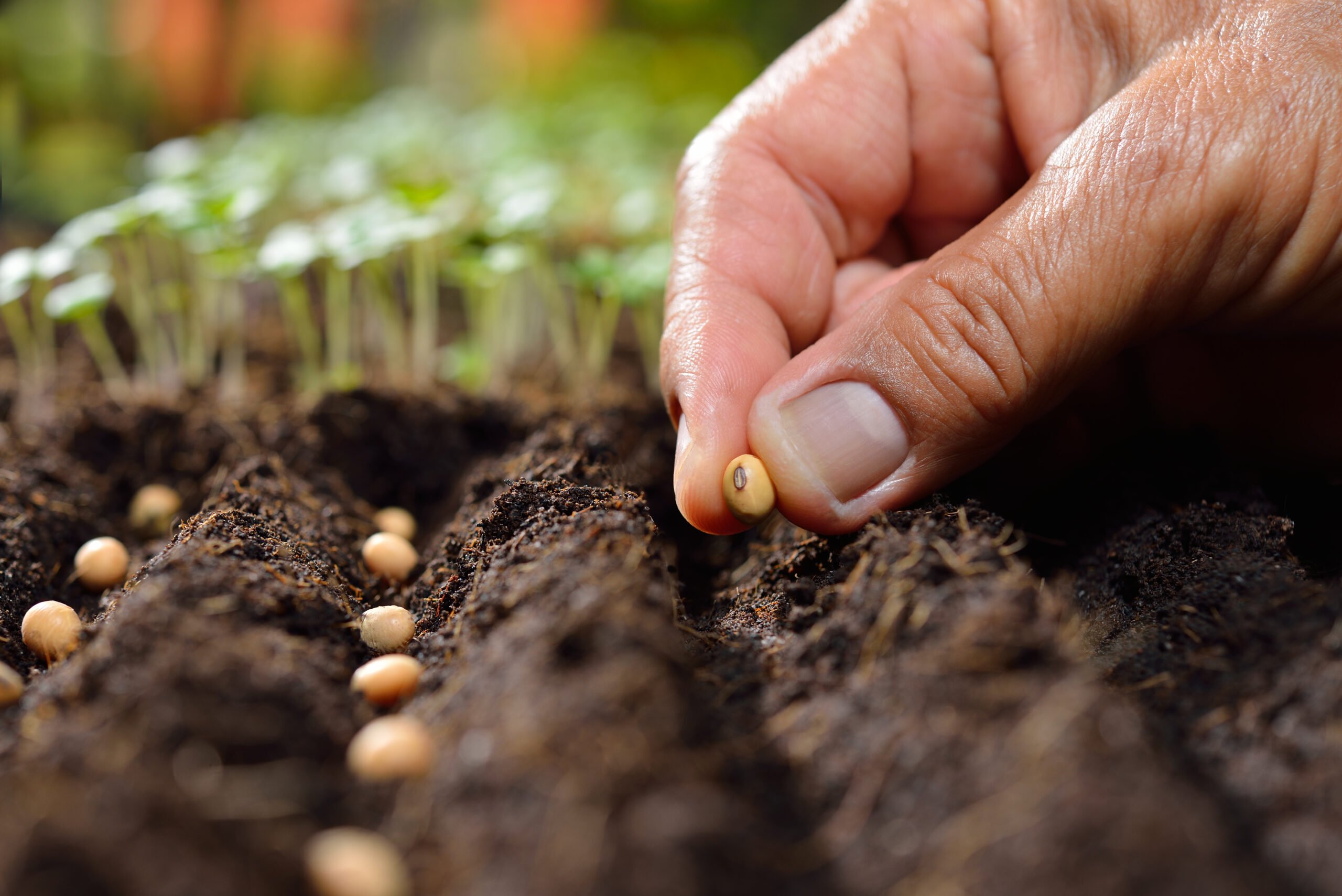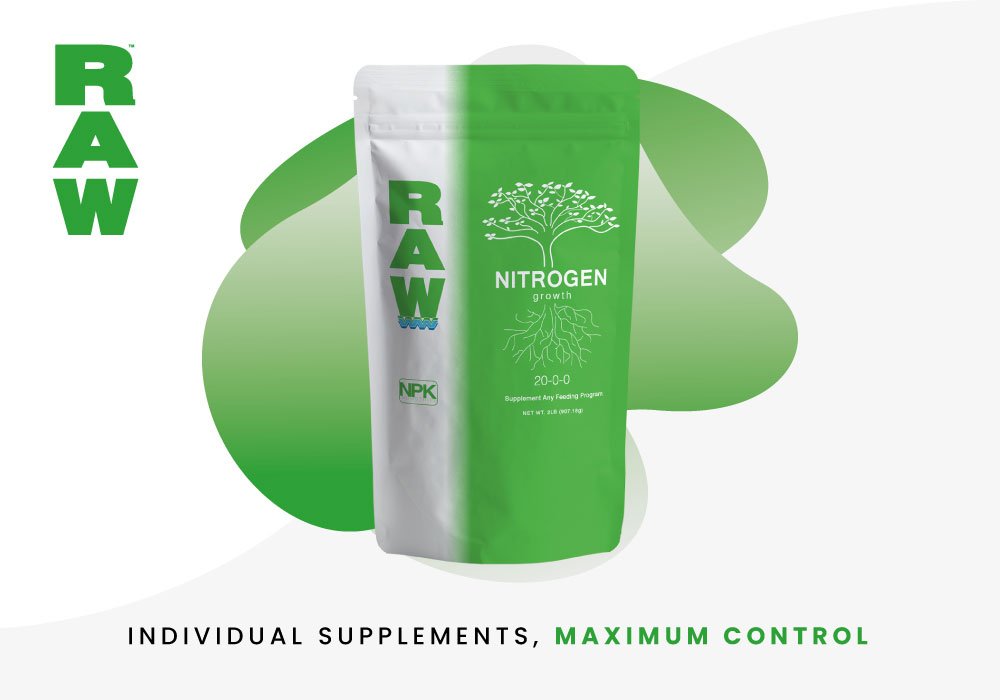Meeting the Nitrogen Demands of Garden Vegetables

There is abundant nitrogen in nature, but very little is available for plant growth. The atmosphere is loaded with nitrogen gas (N2), with a whopping 3.8 X 1015 tons of molecular nitrogen circulating in the air we breathe. The rocks and sediments in the earth’s crust contain even more nitrogen, with about 18 X 1015 tons locked up in the lithosphere. But only a small fraction of lithospheric nitrogen is found in the soil, and an even smaller proportion of soil-nitrogen is available to plants. So plant-available nitrogen is often the limiting factor for plant growth, especially for vegetable production.
Plants take up water-soluble nitrogen in one of two forms; nitrate (NO3-) or ammonium (NH4+). Some of the nitrogen in the atmosphere is fixed by microorganisms living in a symbiotic relationship with plants. Nitrogen-fixing bacteria can take N2 from the air and convert it into ammonium nitrogen, making it immediately available to the roots of plants. Other microorganisms in the soil slowly decompose organic matter, and then provide nitrogen to the plants as either ammonium or nitrates. Another group of microorganisms eventually convert organic nitrogen back into N2 gas and return it to the atmosphere, completing the nitrogen cycle. The process is efficient, but it takes times. And many times nature is out of sync with the nitrogen needs of the plant!
Composted manure is an organic source of nitrogen, but it often doesn’t release enough nitrogen to meet the needs of the plants for an entire growing season. The nitrogen percentage of compost is typically only about 2-4%, and only about 5-25% of that nitrogen is available the first year. By mid-summer, many fruits and vegetables that have been fertilized strictly with composts can develop nitrogen deficiencies. The problem becomes even worse with heavy rainfall or over watering. Nitrates and ammonium ions are highly soluble and can be quickly leached from the root zone.
Boost your plants nitrogen (N) levels using RAW Nitrogen, treating deficiencies and creating optimal recipe solutions. It also work in conjunction with all nutrient feeding programs.
Supplementing with small amounts of nitrogen fertilizers can be very beneficial to plant growth throughout the growing season. Garden soil typically contains about 1% organic matter or less, and the mineralization of nitrogen is minimal. Adding one pound of nitrogen fertilizer per 100 square feet of garden soil is recommended. If the soil has 2-3% organic matter, it is still unlikely that there will be enough nitrogen for heavy feeders such tomatoes and other vegetables. Supplementing with 0.5 pounds of nitrogen fertilizer per 100 square feet is then recommended.
Ammonium sulfate is a good source of supplemental nitrogen fertiliser for soil. About 2 cups of ammonium sulfate is equal to about one pound, and it will easily treat 100 square feet of typical garden soil. Some of the ammonium-nitrogen is taken up immediately by the plants, and the rest of the water-soluble ammonium is changed into nitrates by beneficial microorganisms. Nitrates are the form of nitrogen the plants prefer, so ammonium sulfate provides a nice balance of plant-available nitrogen in the soil. By combining slow-release nitrogen with quick-release nitrogen, vegetables can continue to grow at their peak performance!

Copyright© 2013
Harley Smith
RAW Soluble Powdered Nutrients
Available from Easy Grow Wholesale.
For pricing and further information please call
+44 01472 346 900
UK Freephone 0800 612 9099
or email
sales@easy-grow.co.uk
Want to read more blog posts?
Head back to the blog home page for more resources and information!



0 Comments